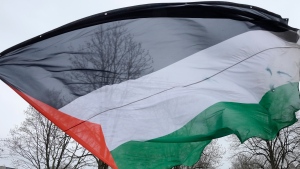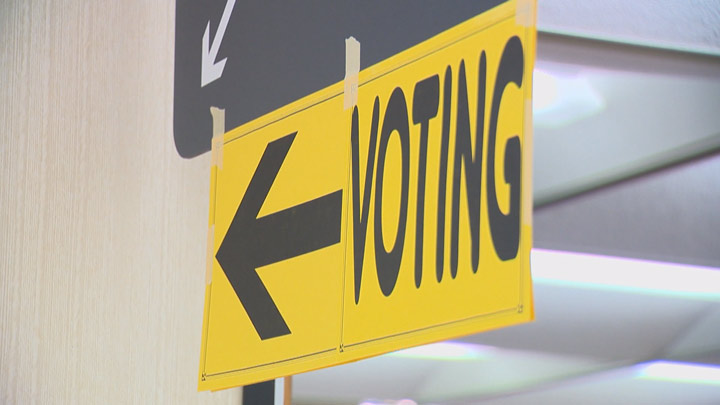A pro-Palestinian camp has been established at Université de Sherbrooke, sparking controversy and debate among students and faculty.
The camp, which was set up by a group of students in support of the Palestinian cause, has been met with both support and criticism. Some see it as a powerful statement in solidarity with the ongoing conflict in the Middle East, while others view it as a divisive and potentially harmful presence on campus.
The camp, located in the main courtyard of the university, features tents, banners, and informational materials about the Palestinian struggle. It has been in place for several days and has attracted a significant amount of attention from the university community.
According to the students behind the camp, their goal is to raise awareness and educate their peers about the current situation in Palestine. They hope to spark meaningful discussions and encourage action towards finding a peaceful resolution to the conflict.
However, not everyone is supportive of the camp. Some students and faculty members have expressed concerns about the potential for the camp to create a hostile and uncomfortable environment on campus. There have also been reports of heated arguments and confrontations between those in support of the camp and those who oppose it.
The university administration has released a statement acknowledging the presence of the camp and emphasizing the importance of respectful dialogue and peaceful coexistence on campus. They have also reminded students that freedom of expression is a fundamental value of the university, but it must be exercised in a responsible and respectful manner.
The pro-Palestinian camp at Université de Sherbrooke is just one example of the ongoing discussions and debates surrounding the conflict in the Middle East. It serves as a reminder of the importance of open and respectful dialogue, even in the face of differing opinions and perspectives.
As the camp continues to attract attention and spark discussions, it remains to be seen how it will impact the university community and the larger conversation about the Palestinian cause.




